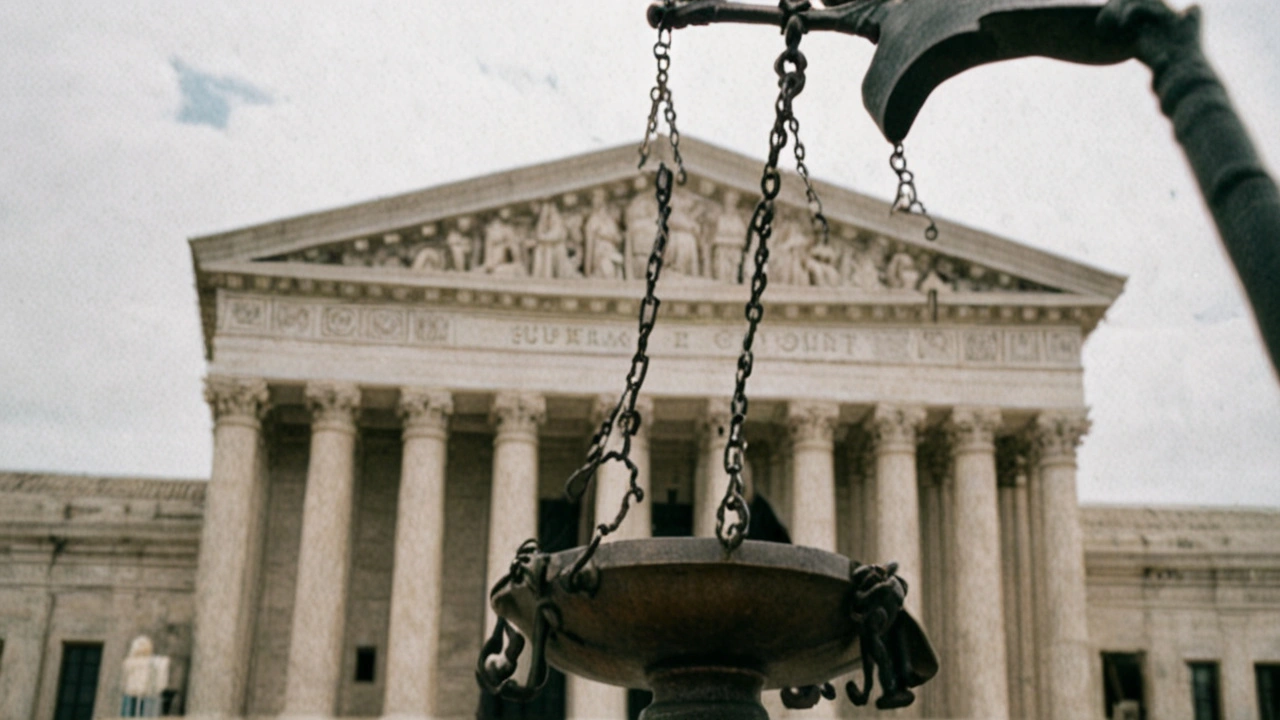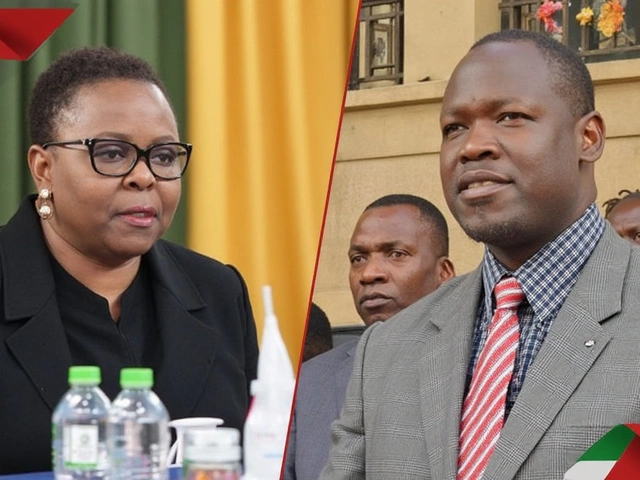Supreme Court Ruling Revolutionizes Local Government Funding in Nigeria
The Supreme Court of Nigeria recently delivered a groundbreaking judgment aimed at redefining the financial autonomy of local governments across the country. For years, state governments controlled the disbursement of federal allocations meant for local governments, a practice that many critics argued stifled grassroots development and democracy. The highest court in the land has now ruled that federal government funds should be allocated directly to local governments, bypassing state administrations. This decision marks a significant shift in the hierarchies of Nigerian governance, fundamentally changing the landscape of local administration.
Celebration and Praise for the Judgment
In Ilorin, the capital of Kwara State, the ruling was met with elation. Local leaders, political figures, and union representatives have lauded the decision as a long-overdue rectification of a flawed system. Lasisi A.K. Jimoh, a prominent figure in the All Progressives Congress (APC), expressed his gratitude by stating the judgment was much anticipated. He emphasized that local government autonomy is enshrined in the Nigerian Constitution, and this verdict is a significant step toward realizing that promise. Jimoh's sentiments were echoed by Babatunde Muhammed, Chairman of the Peoples Democratic Party (PDP), who highlighted the problems caused by state government control over local funds. He expressed his support for President Bola Ahmed Tinubu and the Attorney General of the Federation, attributing the judgment to their determined efforts to see the matter through to the Supreme Court.
A Step Towards Real Autonomy and Local Development
The ruling is anticipated to be a major catalyst for positive change in the local government sphere. Oyinlade Seun, Chairman of the Nigeria Union of Local Government Employees (NULGE) in Kwara State, voiced his optimism that this will bring true autonomy to local administrations. He believes it will address various pressing issues, such as insecurity and food security. With local governments now having direct access to their federal allocations, they can focus on critical community projects, thus enhancing the quality of life for residents. The judgment also aims to restore the democratic process, as funds will only be allocated to local governments that have democratically elected council officials.
Implications for Local Governance
The Supreme Court’s decision stands to drastically alter the operational dynamics of local governments in Nigeria. Historically, the control of funds by state governments has introduced a layer of bureaucracy that many argue crippled the efficiency and responsiveness of local administrations. Now, with direct allocation, transparency and accountability are expected to improve, as local councils will be directly responsible for managing their funds. This shift holds the promise of more responsive governance that can swiftly adapt to the unique needs and challenges of localities without the delays commonly experienced under state-controlled funding systems.
Challenges and the Way Forward
While the judgment has been widely praised, its implementation may not be entirely seamless. There are concerns about the readiness of local governments to manage their own funds responsibly. The transition period could present challenges, such as the establishment of new financial management systems and mechanisms for accountability. Nevertheless, this ruling is seen as a step in the right direction, promoting the decentralization of power and ensuring that local needs are met more effectively.
Conclusion
The Supreme Court’s landmark judgment has set in motion a much-anticipated reform in the governance of local governments in Nigeria. By mandating direct funding from the federal government to local administrations, the ruling paves the way for a more autonomous and efficient local government system. The widespread celebration in Kwara State is a testament to the positive reception of this change, which is expected to address longstanding issues of corruption, inefficiency, and underdevelopment at the grassroots level. As Nigeria looks toward the future, the direct allocation of federal funds to local governments may well serve as a model for other nations grappling with similar governance challenges.







Post A Comment